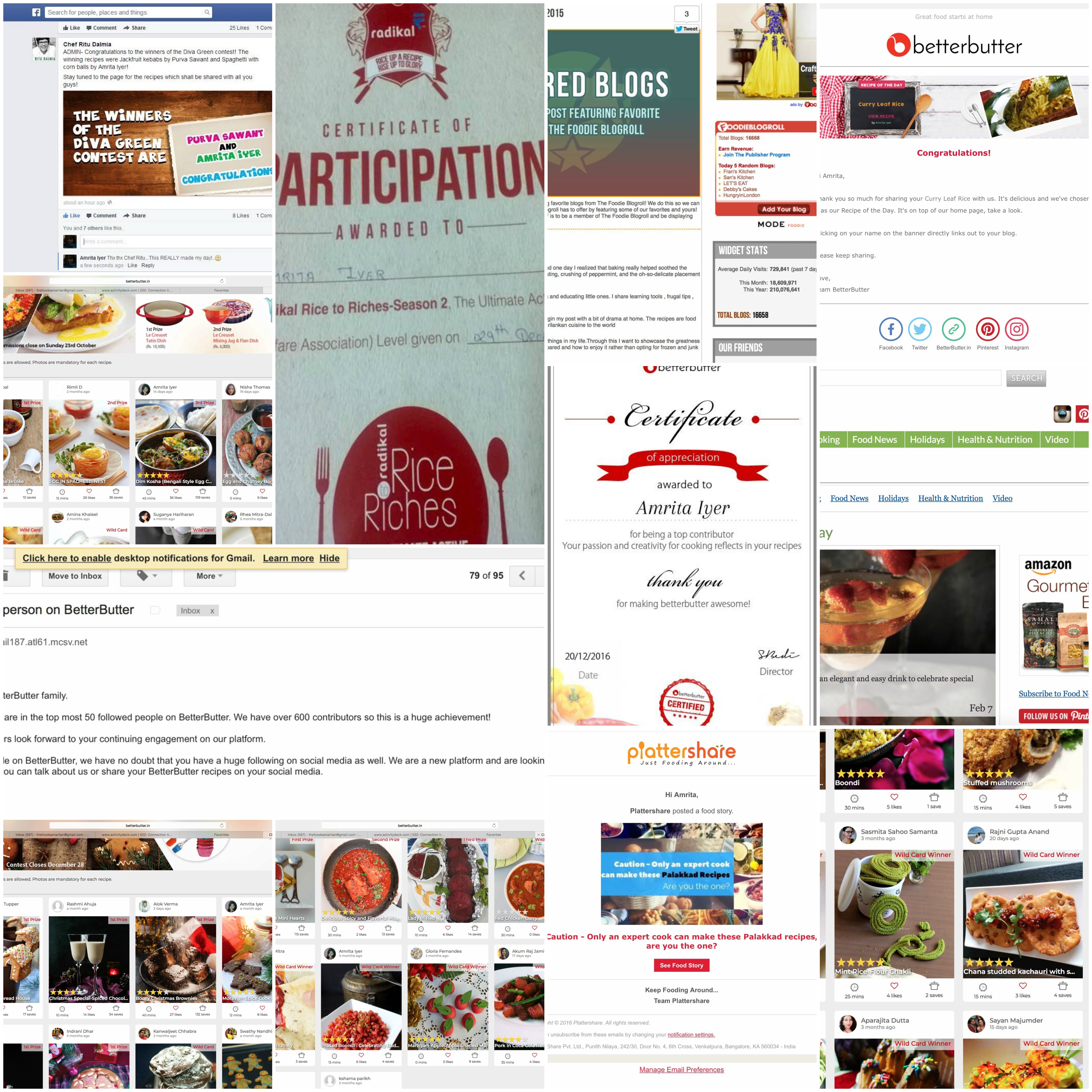The food industry is one of the most resilient and ever-growing sectors globally. People will always need to eat, and dining out or ordering in continues to be a popular activity across all demographics. Whether you want to create a fine dining restaurant, a cozy cafe, or an innovative food delivery service, the possibilities are vast.
A culinary business is also a great avenue for creativity. It allows you to showcase your culinary skills, experiment with new flavors, and create memorable experiences for your customers. With the rise of food trends, dietary preferences, and the increasing interest in sustainable and local foods, the culinary industry has a niche for nearly every type of food concept.
Essential Steps to Start a Culinary Business
Starting a culinary business involves more than just cooking delicious meals—it requires a blend of business knowledge, creativity, and a solid plan. Here are some critical steps to get you started:
- Develop Your Concept
Your business idea should be unique, engaging, and tailored to your target audience. Consider the type of food you’re passionate about and how it aligns with current food trends or underserved markets. Are you focusing on healthy eating, comfort food, international cuisine, or specialty desserts? Defining your niche will help you stand out in a competitive market. - Create a Business Plan
A well-thought-out business plan is the backbone of any successful business. It should outline your culinary vision, target market, competition, pricing, marketing strategies, and financial projections. Having a clear business plan will also make it easier to secure funding or partners if necessary. - Secure the Right Location
Whether it’s a brick-and-mortar restaurant, a food truck, or a catering kitchen, choosing the right location for your culinary business is crucial. A high-traffic area or one that aligns with your target customer base can significantly impact your success. For delivery services or online businesses, investing in efficient kitchen equipment and a solid distribution system is key. - Understand the Legal Requirements
Before you can start serving your delicious creations to the public, you must ensure that your business is legally set up. This includes obtaining the necessary permits and licenses to operate within your state or municipality. For example, food safety certifications and health inspections are typically required.Additionally, depending on the structure of your business, you may need to register your company with the appropriate authorities. For instance, if you’re starting a business in Nebraska under a name that differs from your legal business name, you will need to complete a nebraska dba filing (Doing Business As). This filing helps your business operate under a trade name while ensuring that the name is officially recognized by the state. - Build Your Brand
Branding is key in the food industry. How you present your culinary business to the world—from your logo and website to the packaging and marketing materials—can make a significant impact on attracting customers. A strong brand not only communicates your business’s identity but also builds trust and loyalty among consumers. - Develop Your Menu
Your menu should be a reflection of your concept, and it needs to appeal to your target audience. Consider offering signature dishes that make your business unique while balancing popular items that will draw in customers. Pricing should also be in line with your target demographic, factoring in food costs, portion sizes, and competitors’ prices. - Market Your Culinary Business
In today’s digital age, having an online presence is essential. Build a website that showcases your offerings, includes customer reviews, and offers easy online ordering if applicable. Utilize social media platforms such as Instagram, Facebook, and TikTok to share mouth-watering photos, behind-the-scenes videos, and promotions to engage with customers.Word-of-mouth marketing is also crucial in the culinary industry. Encourage satisfied customers to share their experiences, whether through social media or by leaving reviews on platforms like Yelp or Google. - Hire the Right Team
The success of your culinary business depends not only on your cooking skills but also on the quality of your staff. Hire experienced chefs, kitchen staff, and front-of-house employees who share your passion for food and customer service. A strong team is essential for creating the kind of dining experience that will bring customers back.
Managing Finances and Scaling Up
In the culinary business, managing costs—especially food and labor—is critical. Regularly track your finances, including revenue, expenses, and profit margins. Invest in quality ingredients, but also seek out ways to cut costs without sacrificing quality.
As your business grows, consider expanding your offerings or opening new locations. The culinary world offers endless opportunities for growth, and scaling up your business can help you reach new markets and customer segments.






















